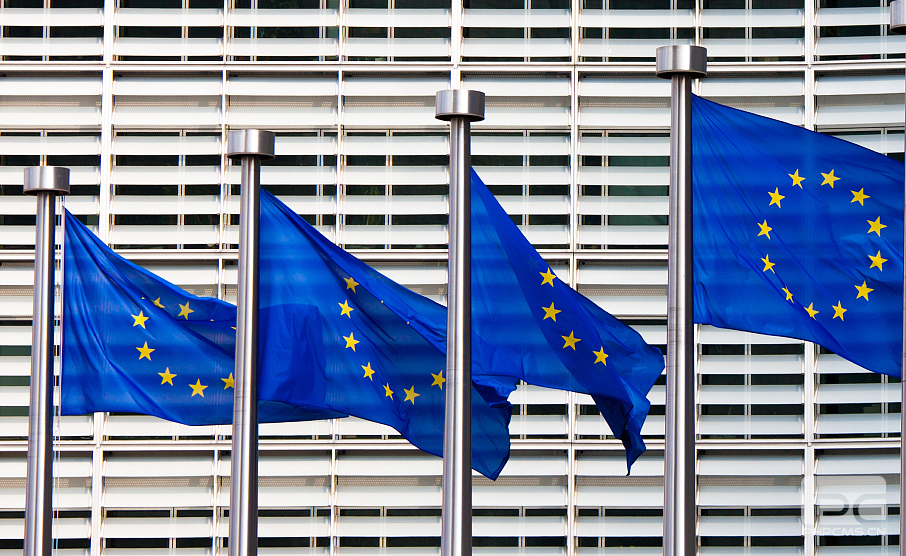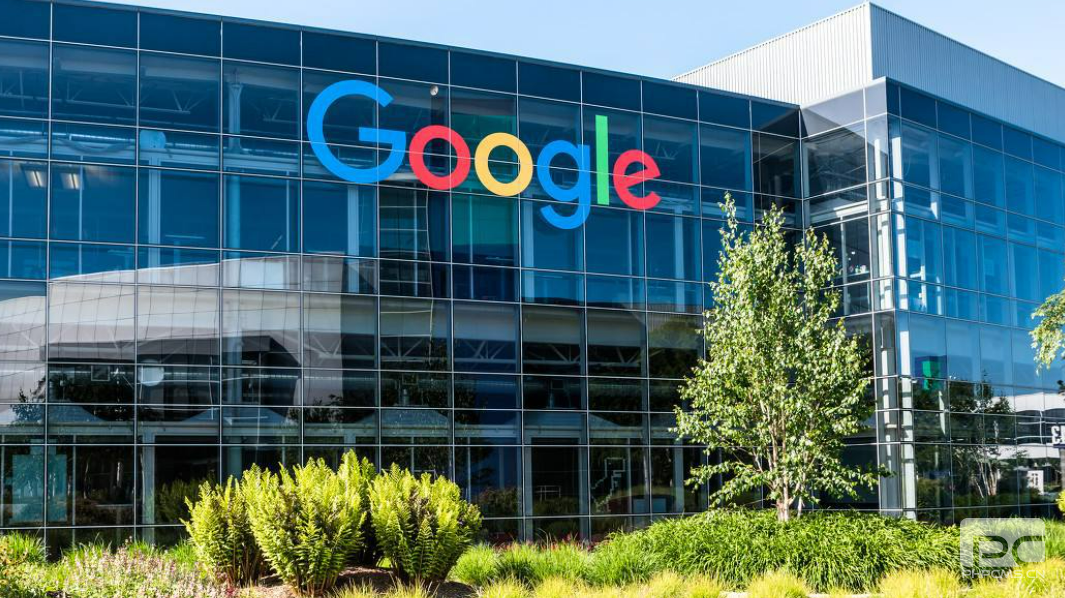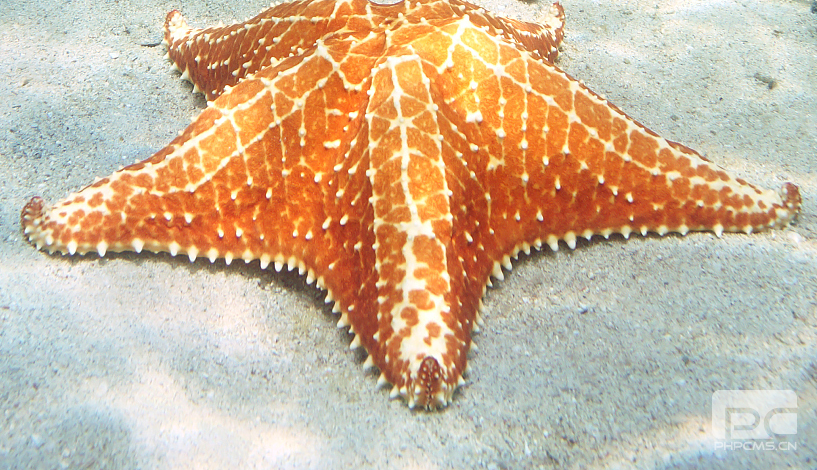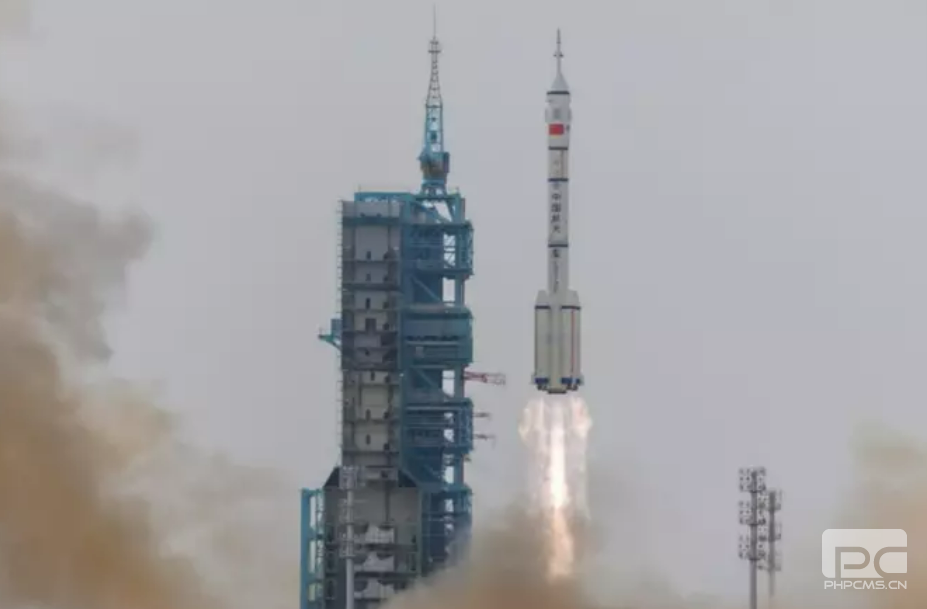November 6, 2023-France, Germany, and Italy jointly signed a significant space policy agreement aimed at strengthening the financing, innovation, and competitiveness of European space exploration to catch up with their space competition rivals, China and the United States, especially SpaceX.
According to the agreement, an annual funding of 340 million euros (approximately $365 million) will be provided to the European space company Arianespace to advance its Ariane 6 rocket project. In return, Arianespace commits to reducing costs by 11%. Additionally, the Ariane 6 rocket will conduct at least four missions from public agencies each year, while the Vega C payload rocket will perform at least three missions. This agreement is seen as robust competition to the support received by SpaceX.
Bruno Le Maire, the French Minister of the Economy, stated in a teleconference, "This agreement is a major success in the history of European space exploration, marking a decisive turning point."
The agreement also covers the second batch of launch missions for the Ariane 6 rocket, building on previous commitments that included its maiden flight and 14 commercial launches. Furthermore, it outlines usage rules for the European Spaceport in French Guiana and paves the way for future launcher competition.
Starting from 2026, the agreement requires providing up to 340 million euros in public support to address rising costs, and it mandates a cost reduction of 11% within the space industry itself. The Ariane 6 rocket is manufactured by the Airbus-Safran joint venture company ArianeGroup, while the Vega C payload rocket from the Italian company Avio will also receive up to 21 million euros in public support.
This agreement, following six months of negotiations, has received unanimous support from all 22 member states of the European Space Agency (ESA). It signifies Europe's firm determination in the field of space, striving to make a mark in the global space competition.
The signing of this agreement brings new opportunities and challenges to European space exploration, further driving the development of space technology while enhancing Europe's position in international space competition.
According to the agreement, an annual funding of 340 million euros (approximately $365 million) will be provided to the European space company Arianespace to advance its Ariane 6 rocket project. In return, Arianespace commits to reducing costs by 11%. Additionally, the Ariane 6 rocket will conduct at least four missions from public agencies each year, while the Vega C payload rocket will perform at least three missions. This agreement is seen as robust competition to the support received by SpaceX.
Bruno Le Maire, the French Minister of the Economy, stated in a teleconference, "This agreement is a major success in the history of European space exploration, marking a decisive turning point."
The agreement also covers the second batch of launch missions for the Ariane 6 rocket, building on previous commitments that included its maiden flight and 14 commercial launches. Furthermore, it outlines usage rules for the European Spaceport in French Guiana and paves the way for future launcher competition.
Starting from 2026, the agreement requires providing up to 340 million euros in public support to address rising costs, and it mandates a cost reduction of 11% within the space industry itself. The Ariane 6 rocket is manufactured by the Airbus-Safran joint venture company ArianeGroup, while the Vega C payload rocket from the Italian company Avio will also receive up to 21 million euros in public support.
This agreement, following six months of negotiations, has received unanimous support from all 22 member states of the European Space Agency (ESA). It signifies Europe's firm determination in the field of space, striving to make a mark in the global space competition.
The signing of this agreement brings new opportunities and challenges to European space exploration, further driving the development of space technology while enhancing Europe's position in international space competition.




Copyright © 2023.Yooke studio All rights reserved.
PKWEEKLY NEWS









